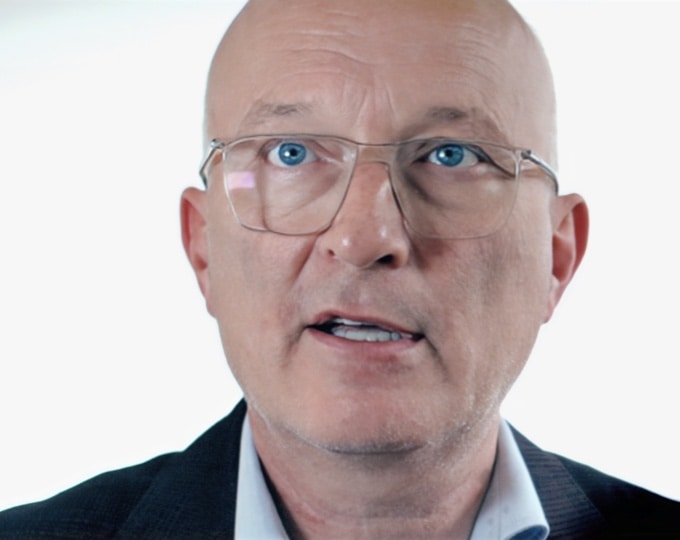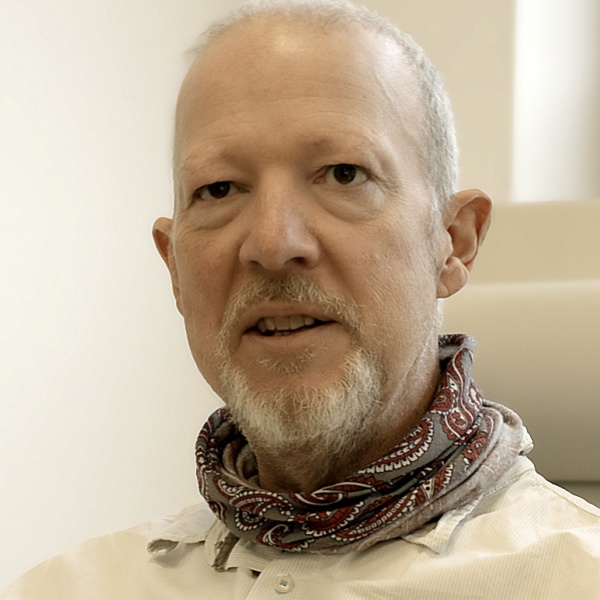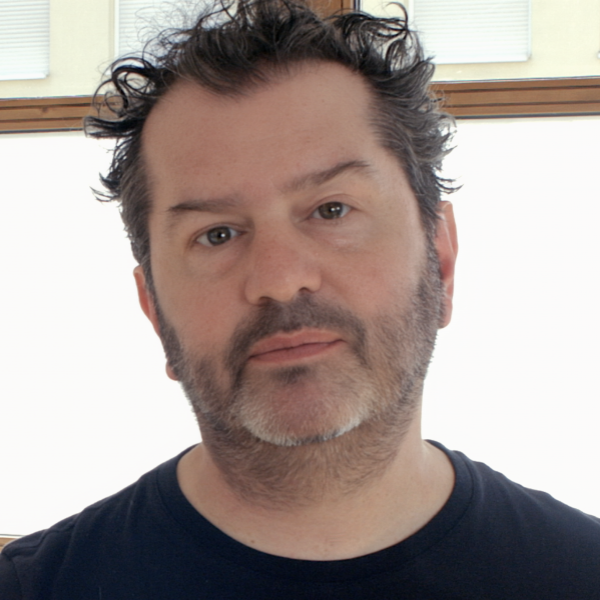How it works
What is DCT and how does it work?
Dendritic Cell Therapy (DCT) is a form of immunotherapy. Like other immunotherapeutic approaches, its goal is to support the body’s immune system in recognizing structures associated with cancer cells and initiating an immune response.
Conventional immunotherapy drugs often target shared tumor markers or common individualized molecular characteristics that are not addressed by standard therapies currently available on the market.
DCT offers a more personalized approach: using a patient’s own immune cells, dendritic cells are processed in our own GMP-certified laboratory and exposed to tumor-associated information derived from the patient’s own sample. This allows the development of a cell-based therapy tailored to the individual tumor profile and may provide an immunotherapeutic option also for patients with less common cancer types.
Each treatment is individualized, and potential effects depend on various factors such as tumor type, disease stage, and the patient’s immune status. We would be happy to advise you in a personal consultation.

Frank Gansauge gives an overview of the DCT process.
Could DCT work for me?
Dendritic Cell Therapy (DCT) is a personalized and well-tolerated form of immunotherapy that may be considered for patients with various types of cancer and across different age groups.
Discuss it with usHow it works
Tailored Immunotherapy.
Dendritic Cell Therapy (DCT) is an advanced immunotherapy designed to help your immune system recognize features unique to your tumor.
In our certified lab, we isolate immune cells from a small blood sample and process them to generate dendritic cells exposed to tumor-specific markers. After several days, these cells are returned to your bloodstream. This approach aims to support your immune system to detect and target previously unrecognized cancer-related markers.

Step 1
Consultation with Professor Gansauge in Berg. Blood is taken and a vitamin infusion is given. (approx. 2.5 hours)
Step 2
In our laboratory, dendritic cells are matured after being exposed to cancer-specific markers derived from your blood sample.
Step 3
The mature dendritic cells are administered through a simple injection into the skin of the abdominal area. This is typically followed by a supportive vitamin infusion. (approx. 2 hours)
Step 1
Consultation with Professor Gansauge in Berg. Blood is taken and a vitamin infusion is given. (approx. 2.5 hours)
Step 2
In our laboratory, dendritic cells are matured after being exposed to cancer-specific markers derived from your blood sample.
Step 3
The mature dendritic cells are administered through a simple injection into the skin of the abdominal area. This is typically followed by a supportive vitamin infusion. (approx. 2 hours)
Testimonials
Patient Stories
Learn about the experience had by some of our previous patients..

Meet Matt
“What works for me may not work for everyone but it did [work for me] and I’m very excited about that.”
Watch the Video

Meet Wendy
“I feel DCT has had an impact for me… the first time I came my scan showed that my cancer had shrunk and since then it’s been stable”
Watch the Video

Meet Ben
“I think [that] DCT and LDG have definitely contributed to the good result that I have had so far.”
Watch the Video
Get in touch
Request a call back.
We will be back in touch with you as soon as we can.

Phone Availability
Mon - Fri 08.00 - 12.00 CET